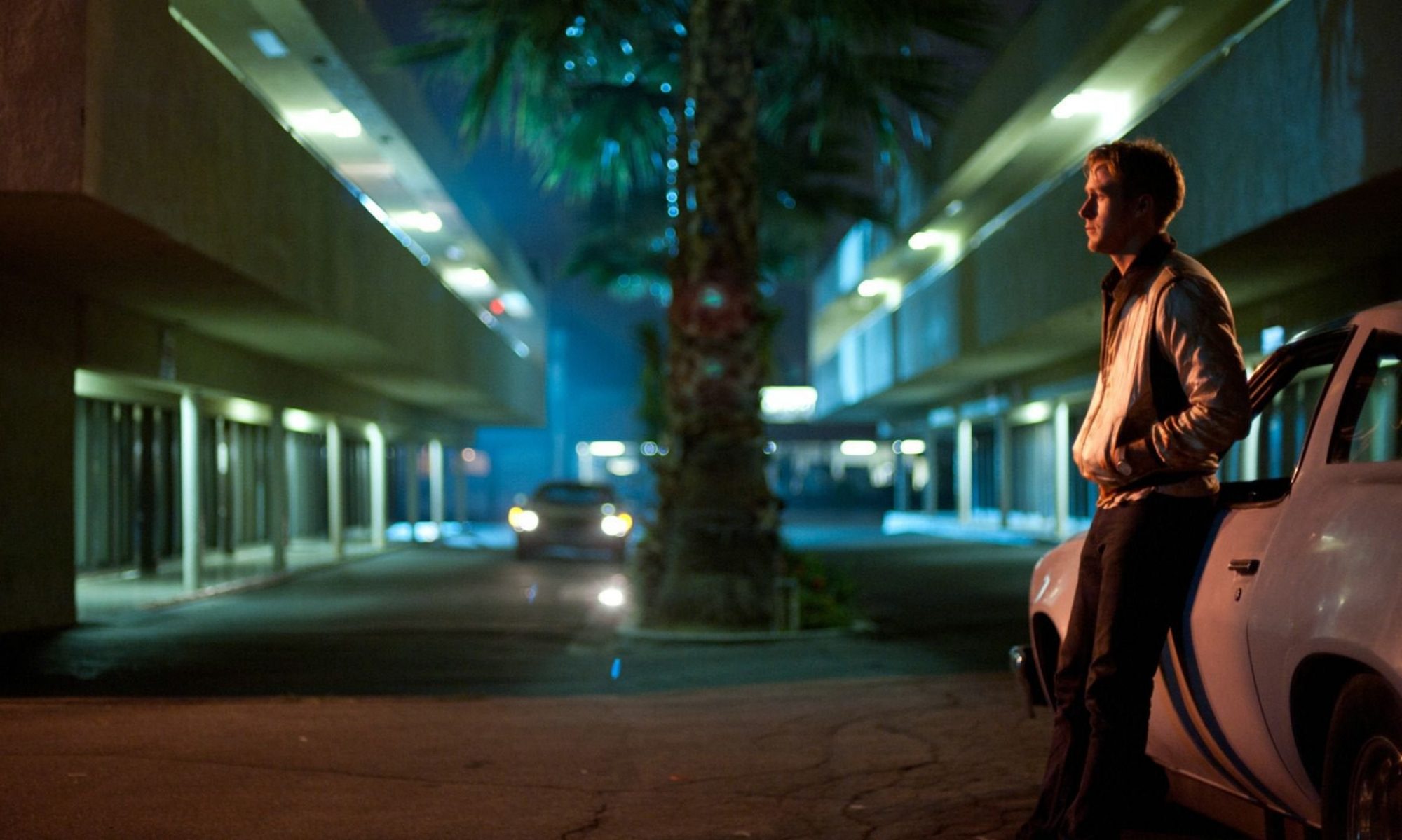The transition from acting to directing is a common phenomenon in the cinematic stratosphere, particularly when it comes to the echelons of Hollywood. George Clooney, Ben Affleck and Ben Stiller are just a few examples, with Barbie’s Greta Gerwig and Maestro’s Bradley Copper both standing out as a couple of recent film darlings who are picking up a lot of attention during the awards season.
Teaming up with Kibwe Tavares, Daniel Kaluuya makes the jump behind the camera with urban dystopia The Kitchen. There’s a light sci-fi element as drones fly over a destitute landscape and deceased humans are converted into trees, but the narrative remains grounded in the present day as Izi and Benji struggle to survive within a community that refuses to be routed from their residential homes. Tavares and Kaluuya throw us into the unknown with minimal exposition, allowing for an effective narrative as we’re forced to piece the situation together on our own. There’s shades of Do The Right Thing with Ian Wright’s charismatic DJ and a hint of the Western with its taciturn main character, but the duo make The Kitchen its own unit with the film’s biting social commentary. After gestating for almost a decade (the project was concocted in a barbershop during a conversation between Kaluuya, Tavares and producer Daniel Emmerson), the final product packs a powerful and all too prevalent punch as a marginalised community are constantly attacked by a barrage of violent police officers.
Kaluuya’s London roots were sung load and proud in his recent electrifying role as Spider-Punk in last year’s Across the Spiderverse, and his love for his home city is on full display here, with the film shot almost entirely on location in the London Electricity Board Building. The relatively unknown cast provides the atmosphere with a particularly raw realism as tension rise within the claustrophobic housing situation and emotion is wrought through intense facial expressions rather than extensive monologuing. Kaluuya and Tavares aren’t afraid to take their time in building up to their crescendo of conflict between citizens and police, and the film is all the better for it. The Kitchen is an area destined for unrest, but the striking neons and tightly compact buildings provide the film with a distinctive, bleak and expressionistic landscape that’s ready for the fight. If this dark poetic gem is anything to go by, Kaluuya and Tavares can look forward to a bright directorial future.
